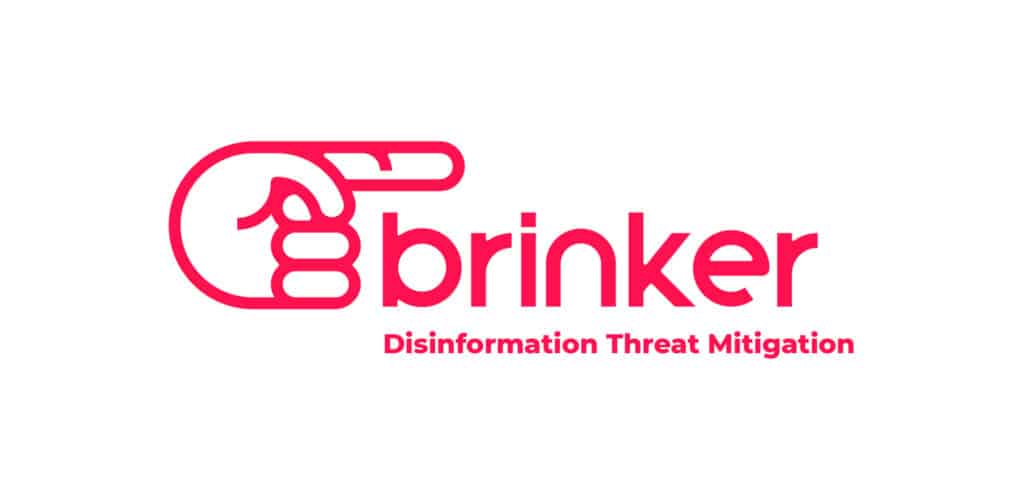A bulletin published by the Department of Homeland Security has warned that the increasing use of wireless networking technology to enable medical devices expands the ways that those devices could be hacked. The bulletin, published May 4 by DHS’ National Cybersecurity and Communications Integration Center, warns that advances in medical devices, including Internet connectivity and the use of smartphones, tablets and other mobile devices in patient care “expands the attack surface” of medical devices. “Smartphones and tablets are mini computers with instant access to the internet or linked directly to a hospital’s network. The device or the network could be infected with malware designed to steal medical information if not upgraded with the latest anti-virus and spy-ware software,” DHS said. Advances in medical device technology have already greatly improved medical care, especially in areas like medical health records and remote monitoring of patients with implantable medical devices. However, too little […]
Tag: hacking
Update: Hack Investigation At Dept. of Labor Turns Up Internet Explorer 8 Zero Day Hole
A hack of the U.S. Department of Labor web site that was revealed late last week is being described as a “watering hole” style attack aimed at compromising the systems of other government workers, in part using an exploit for a previously unknown (or “zero day”) security vulnerability in some versions of Microsoft’s Internet Explorer web browser.(*) Multiple reports last week indicated that a security breach of the Department of Labor web site had occurred. Accounts indicated that visitors to the site using versions of Internet Explorer were being attacked using exploits for a known vulnerability. Over the weekend, however, researchers analyzing the attacks say that it used an exploit for a zero day hole in IE8, and that details of the attack tie it to a China-based hacking group known as “DeepPanda.” In a blog post on Friday, researchers at the security firm Invincea said that they believed that the […]
Fitbitten: Researchers Exploit Health Monitor To Earn Workout Rewards
Call it “the quantified self” – that intersection of powerful, IP-enabled personal health monitoring tools and (usually) Web based tools for aggregating, analyzing and reporting. The last five years has brought an explosion in these products. In addition to the long-popular gear like Garmin GPS watches – must have items for the exercise addicted – there’s a whole range of new tools for the merely “exercise curious” or folks interested in losing weight or just figure out what, exactly, they do all day. Count Nike’s FuelBand, Jawbone’s UP, and Fitbit in that category. Alas, a growing number of reports suggest that, when it comes to medical devices and health monitoring tools, the security of sensitive personal data isn’t a top priority. The latest news comes by way of researchers at Florida International University in Miami, Florida. A team of three researchers, composed of students and faculty, analyzed the Fitbit health monitoring device […]
Data Breach For Dummies: Simple Hacks, Hackers Are The Norm
In spite of widespread media attention to the problem of “advanced persistent threats” and nation-backed cyber espionage, most cyber attacks that result in the theft of data are opportunistic and rely on unsophisticated or non-technical means, according to Verizon’s 2013 Data Breach Investigations Report (DBIR). Verizon said that its analysis of 47,000 security incidents and 621 confirmed cases of data loss showed that three-quarters were “opportunistic” – not targeted at a specific company or individual – and financially motivated. Around 20 percent of attacks were linked to what Verizon termed “state affiliated actors” conducting cyber espionage. Verizon’s annual Data Breach Investigations Report presents the results of investigations conducted by Verizon’s RISK investigators, the U.S. Department of Homeland Security, US-CERT as well as by law enforcement agencies globally. In its sixth year, it is a highly regarded and oft-cited benchmark of malicious activity and threats to organizations. In a press release […]
Podcast: Switch To IPV6 Demands A Security Re-Think
Editor’s Note: This interview with Qualys CTO Wolfgang Kandek was originally recorded on March 29th. You’re probably not aware of it, but a major transformation is taking place on the Internet. We’ve exhausted the approximately 4.3 billion available addresses for IPV4 – Internet Protocol Version 4 – the Internet’s lingua franca. (Roughly 98% of all Internet traffic.) With billions of new, intelligent devices set to join the global Internet in the next decade, a new addressing scheme was needed. Enter Internet Protocol Version 6 (IPV6), which will create a practically inexhaustible supply of new addresses and some much needed, new security features that can prevent man in the middle attacks, ARP poisoning and a host of other ills. But organizations that have the luxury of waiting to upgrade their networks should do so, says Qualys CTO Wolfgang Kandek in this exclusive interview with The Security Ledger. From vulnerability scanning to […]






